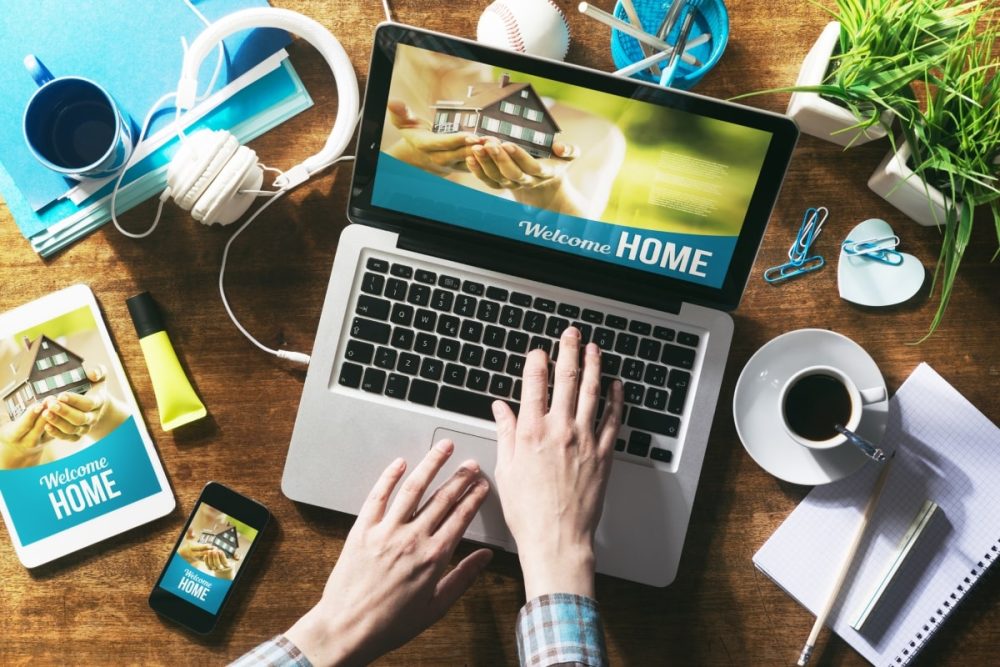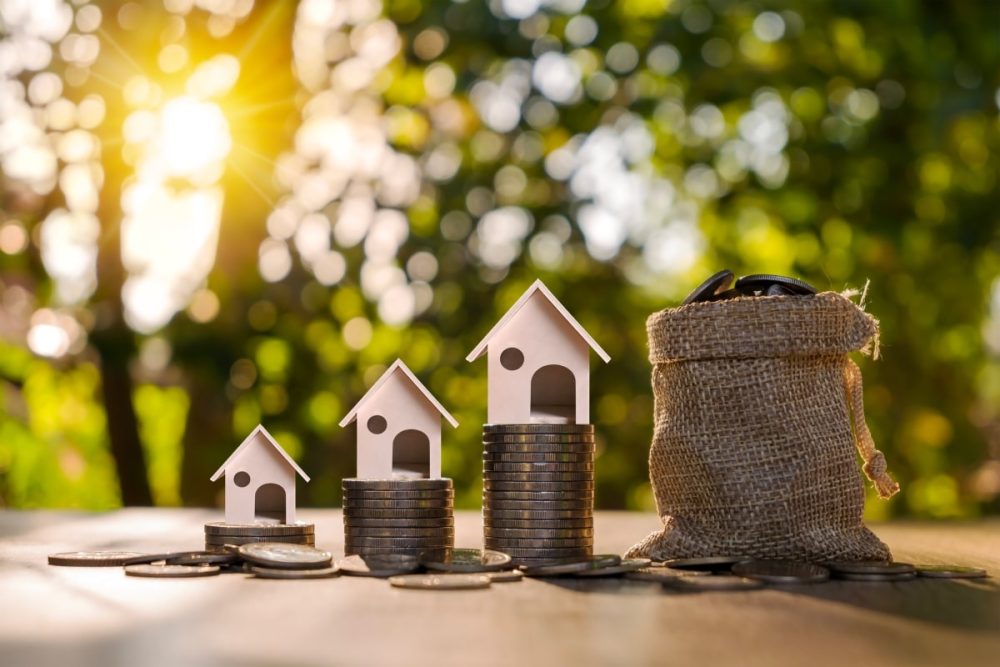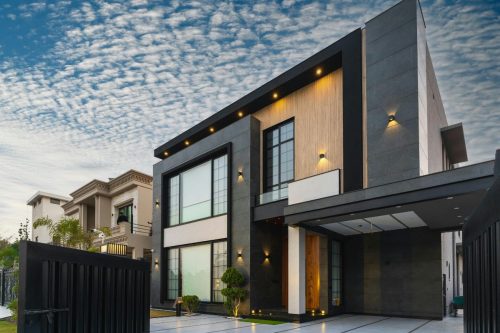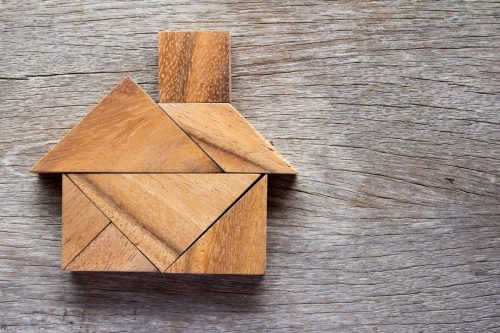Buying a second home is the ultimate dream. A second home has many benefits, as it can offer a quiet retreat to unwind, enjoy the holidays, or unlock a new passive income stream. Over the years, more Australians have been considering purchasing a second home, which is likely to continue as the Australian housing market stabilises.
Still, buying a second property is often more complex than buying your first home. For starters, a good credit score and a substantial down payment are mandatory requirements in many cases.
What should you consider when buying a second home?
A thoughtful approach now can lead to a successful second home ownership experience down the road. If you’re thinking about buying a second home, you may want to consider the following:
Know your credit score
In Australia, when considering a home loan, your credit score plays a pivotal role. This score, which can range between 0 and 1,000 or 0 and 1,200, depending on the credit reporting body, acts as a key indicator of your creditworthiness.
Generally speaking, a minimum credit score is required for a home loan, and it’s important to be aware that having a score below 500 could significantly hinder your chances of approval. This threshold is not a strict cut-off, but rather a guideline, as various lenders may have different criteria for loan approval.
However, it’s widely recognised that a score falling below this range may make it more challenging to secure a home loan, as it suggests a higher risk to lenders.
Define your goals
Do you plan to sell your current house before buying a new property? Whatever your goals are, clearly articulate them before you decide on buying a new house. Whether it’s a family retreat or an investment, your goals will determine the type of loans you qualify for.

Financial implications of buying and selling
Housing prices have risen over the years, so you’ll likely pay more than you did for your first home. If you plan to buy before selling your first home, you should note that interest rates for second homes are slightly higher than for primary home mortgages. You could also consult a financial advisor to explore financing options, mortgage interest deductions, and their impact on your long-term financial goals.
Ongoing expenses and maintenance
The initial purchase price is often just the tip of the iceberg. Consider ongoing expenses, including renovations, insurance, energy, Wi-Fi, and landscape care. A property appraisal will help you assess the potential wear and tear, and property managers can help you spruce up the place, especially if you plan on renting out the property.

Explore the area
Take a trip to the neighbourhood. When looking at properties for sale, consider factors like potential property value growth and long-term suitability. You can also consult real estate agents who can provide insights into the local property market.
Understand tax implications
The tax breaks applicable to your primary residence may differ for a second home. Location, income, and rental plans usually influence property taxes and deductions.
Why do you want a second home?
Many second homeowners fall into the trap of getting a second house simply because they can afford it (or assuming they can). However, buying a home is a significant financial commitment, so it is essential to buy for the right reasons and a carefully thought-out plan.

Vacation or investment property
Most Australians look for a second home as a vacation or investment property. However, every buyer’s situation is unique, so be honest with yourself, research, and seek professional advice. Whether you fancy weekend getaways, monthly retreats, or extended annual vacations, how you use your second home will affect maintenance needs and justify the cost of buying a house.
Investment property considerations
If you plan to use the second home as an investment property, identify your ideal tenants. Are you targeting families, students, or professionals? Your preferred tenants will guide your research so you can look for ideal locations with high rental demand and low vacancy rates. You can also calculate potential income based on property type, location, and market trends.

Financial considerations
Ensure the rental income covers mortgage payments, taxes, insurance, and maintenance. You may need to consult an accountant to understand tax benefits and deductions associated with owning an investment property before you make a final decision.
Managing dual properties
If you’re planning on buying a second home, it’s important to acknowledge that managing two properties has its set of potential challenges. However, having a sound property management plan can make it easier to transition and make the most of your homes.
Will you take on the responsibilities personally or use professional property managers? Our property management services offer several advantages, such as maintenance and overall property upkeep. This significantly reduces your stress and time commitment as a property owner.
It’s also important to create a realistic visitation schedule. Assess your availability objectively and establish a visitation schedule that works with your personal and professional commitments to ensure a manageable schedule. This will help you avoid investing thousands of dollars in a second home that you’re not likely to use as often as you imagine.
Tips for homeowners
1. Market research and budgeting
- Understanding trends: Keep abreast of both local and national property market trends. Look for areas that show promise in terms of property value appreciation.
- Financial planning: Remember to factor in the additional expenses such as ongoing maintenance, property taxes, insurance, and possibly higher mortgage rates.
2. Financing options
- Two mortgages: You might consider getting a second mortgage or refinancing your current home to free up funds.
- Home equity loans: If you have significant equity in your first home, it can be utilised for the down payment on your second property.
3. Purpose and maintenance
- Determining usage: Clarify whether the second home is for vacations, as a rental property, or a bit of both.
- Property management: If you’re considering renting out your property, think about whether you need a property manager, especially if it’s located far from your primary residence.
Tips for people selling a home
1. Capitalising on your sale
- Strategic timing: Use the proceeds from selling your current home to fund the purchase of the second home. Timing this right is crucial.
- Tax considerations: Be aware of the potential capital gains tax implications and seek advice from a tax professional.
2. Transitioning smartly
- Renting vs selling: Consider renting out your current home for additional income during the transition.
- Ownership overlap: Try to have an overlap period where you own both homes, allowing for a smoother transition.
Tips for first-time home buyers
1. Planning for the future
- Assessing long-term needs: Think about whether your second home will serve as a holiday spot, an investment, or a retirement haven in the future.
- Location choice: Select a location that aligns with your long-term aspirations, be it city life, countryside serenity, or beachside living.
2. Investment considerations
- Rental viability: If the second home is intended as an investment, research the rental demand and potential income in your chosen area.
- Portfolio diversification: Purchasing a second home can be a way to diversify your investment portfolio, potentially offering a hedge against market volatility and inflation.
Buying a home with HKY
At HKY Real Estate, we specialise in helping people navigate the exciting journey of acquiring a second home. Whether you’re buying a new home, selling your current property or both, our real estate agents can help you find the ideal property or buyer. To find out more, contact our friendly team today.
Have more questions?



